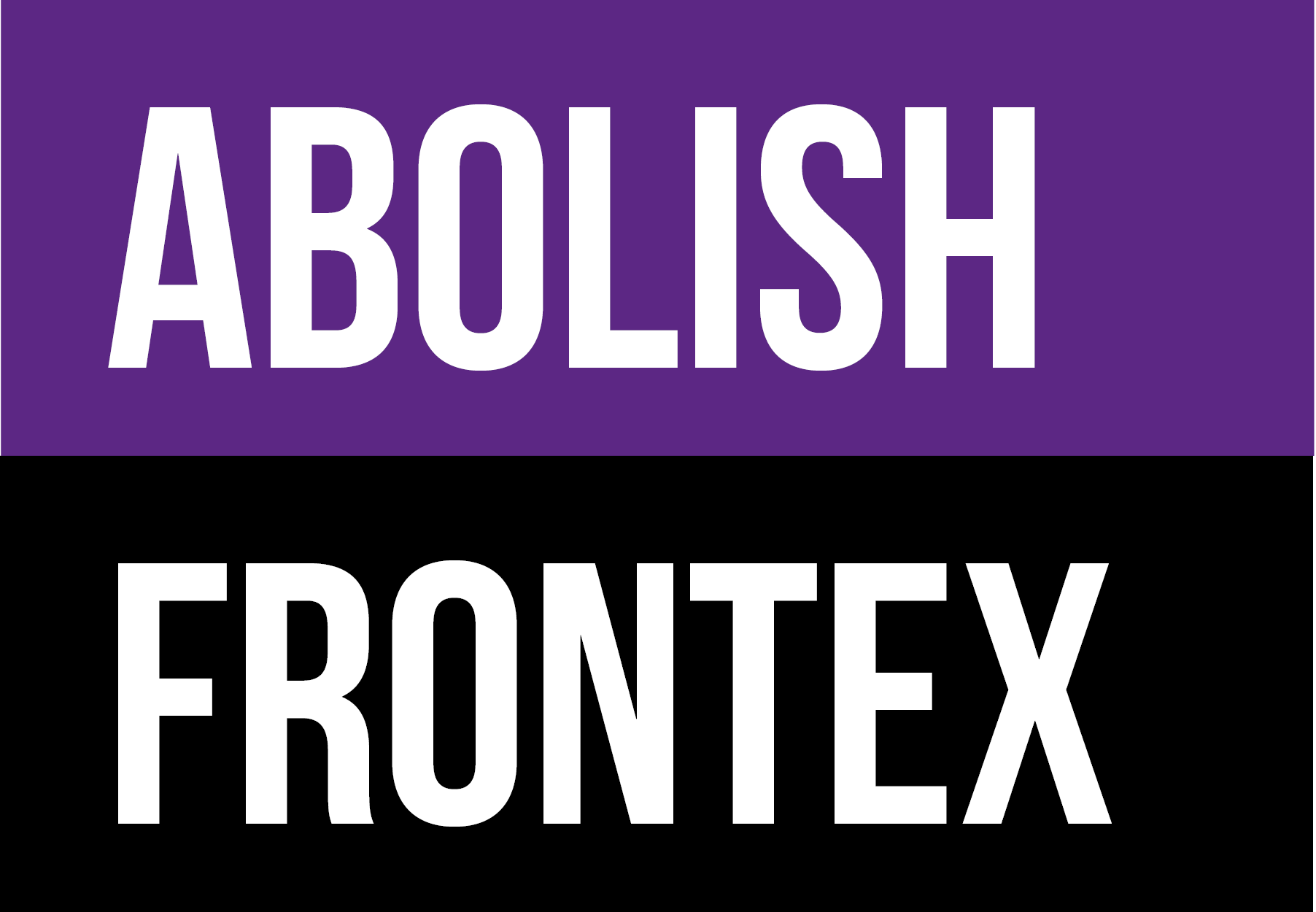Frontex cooperates with non-EU-countries in several ways.
Through status agreements, currently concluded with five Balkan countries (Albania, Montenegro, Serbia, Bosnia and Herzegovina, and North Macedonia), Frontex is allowed to be operationally active on the territory of these countries. So far, Frontex has deployed officers to Albania and Montenegro.
With various countries Frontex has concluded working arrangements, which mostly specify cooperation on for example technical support, intelligence sharing and analysis and deportations.
On situational awareness and ‘risk analysis’ Frontex cooperates with third countries through for example its Third Country Analysis Sector, the Western Balkans Risk Analysis Network (WB-RAN), Eastern European Borders Risk Analysis Network (EB-RAN), Turkey-Frontex Risk Analysis Network (TU-RAN) and Africa-Frontex Intelligence Community (AFIC). Within the framework of AFIC Frontex has set up Risk Analysis Cells in Ghana, Gambia, Niger, Senegal, Kenya, Nigeria, Guinea, and Mali.
Cooperation with non-EU-countries is one of the cornerstones of EU border and migration policies ( see for example the report ‘Expanding the Fortress‘ (2018) by TNI and Stop Wapenhandel). This process of ‘border externalisation’ includes many instances of EU funding, training and border security and control equipment donations to border authorities of third countries.
